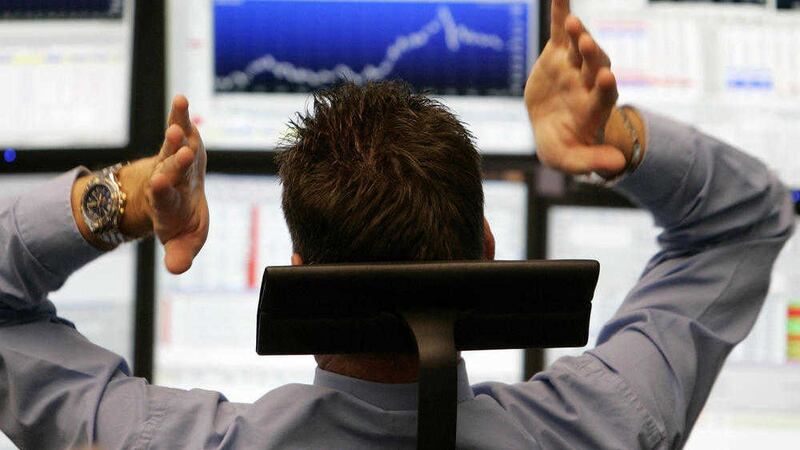AFTER the unexpected outcome of the referendum we are left assessing the effect on the market and where we are now.
The initial reaction from the FTSE 100 index was a sharply negative one, as it tumbled from over 6300 to below 5800 the next day before recovering to close above 6100.
Volatility, of course, has been a major feature of the market before and after the referendum. However, it has taken a number of market observers by surprise how quickly and strongly the FTSE 100 has recovered since then: at the time of writing it is trading comfortably above 6500.
In contrast the FTSE 250, which tracks the next largest 250 companies in terms of market capitalisation, has not regained the same levels. It fell from around 17300 at the opening on Friday June 24, plummeting to less than 15000 early the next week and has recovered somewhat to 16250, but is still well below pre-referendum levels.
The wider FTSE All-share index has risen above the level on June 23 and indeed it is now at the highest level it has been all year.
Clearly predictions of utter market Armageddon have not materialised so far. Over the past decade or so we have seen the smaller and medium sized companies consistently outperforming the larger stocks in the FTSE 100.
The FTSE 250 has a much higher level of exposure to the UK domestic economy; it is a well known statistic that well over 70 per cent of earnings of the FTSE 100 companies come from overseas, making it a very global index. It is worth remembering that when we came out of the European exchange rate mechanism it was followed by a strong period for the FTSE 100 compared with the FTSE 250.
The largest stocks are certainly seen as carrying less risk as well as being more international. The exposure to sterling is a significant factor. About a quarter of FTSE 100 earnings are in dollars and clearly this will benefit from sterling’s weakness following the vote to leave the EU whereas about half of the FTSE 250s earnings are generated in the UK.
So where does this leave the average private client investor?
Clearly there have been trading opportunities in the days following the referendum. It is notoriously difficult to time such transactions, however, and while is hard to see through the short term uncertainty it is probably wise not to take any precipitous action.
Predictably we have seen a flight to safety (the price of gold has performed strongly recently) and there are some opportunities in the market, with a number of yields at inordinately high levels, markets do notoriously overreact.
There are predictions of an upturn in inflation – the oil price and the fall in sterling is already having an impact at the petrol pump – but there are also expectations that interest rates will be cut. Experience suggests that while there are some opportunities, great caution should be exercised and it is often better to take the conscious decision to do nothing.
:: Cathy Dixon is a director at the Belfast office of Cunningham Coates Stockbrokers, which is a trading name of Smith & Williamson Investment Management (SWIM). This article does not constitute a recommendation to buy or sell investments and the value of any shares may fall as well as rise. Investments carry risk and investors may not receive back the amount invested. The views expressed are those of the author and not necessarily of SWIM.








